farming and climate change
david52 Zone 6
10 years ago
Related Stories
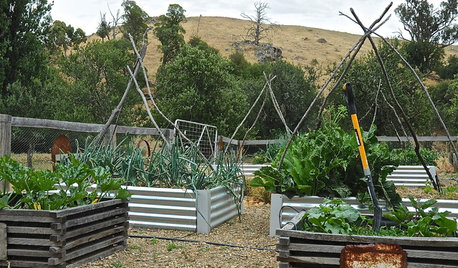
FARM YOUR YARD9 Ways to Change Up Your Vegetable Garden for the Coming Season
Try something new for edible plantings that are more productive than ever
Full Story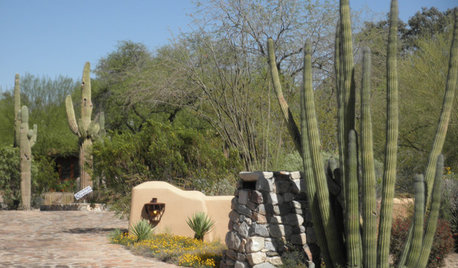
SOUTHWEST GARDENINGUnderstanding the American Southwest's Three Main Climate Zones
If you live in one of the arid or semiarid regions of the U.S. Southwest, this gardening zone guide is for you
Full Story
LANDSCAPE DESIGNClimate Control: Work With Nature's Elements for the Best Outdoor Space
Consider sun, wind and water where you live for a deck or patio that's as comfortable as possible all year long
Full Story
LANDSCAPE DESIGNCelebrate a Sunny Climate With the Right Leafy Palm for Your Site
So you get freezes or floods. So your garden is small. These palms send excuses riding off into the tropical sunset
Full Story
FLOWERS5 Sensational Flowering Vines for Warm Climates
Splash your garden with bright tropical color from late summer through fall with these showy trailing and climbing beauties
Full Story
TRANSITIONAL HOMESHouzz Tour: Change of Heart Prompts Change of House
They were set for a New England look, but a weekend in the California wine country changed everything
Full Story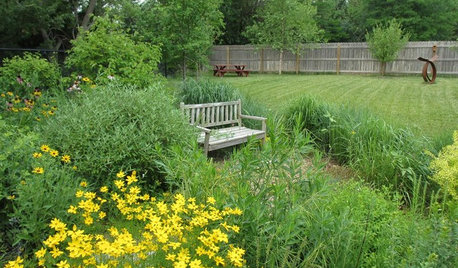
GARDENING GUIDESHow to Design a Garden That Lasts
Climates are changing. Wildlife is evolving. Can your garden keep up?
Full Story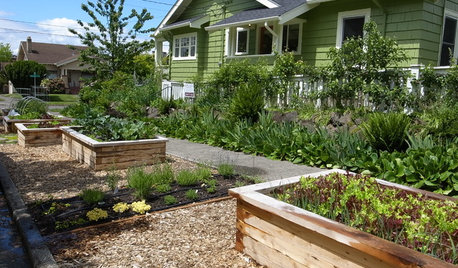
FARM YOUR YARDHow to Farm Your Parking Strip
Get an up-close look at a thriving street-side edible garden, one of many sprouting up in Seattle
Full Story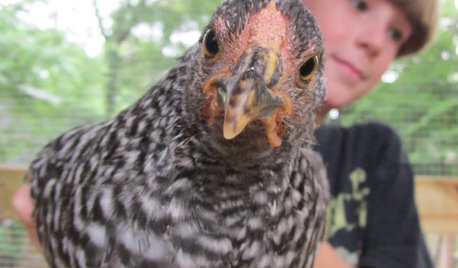
FARM YOUR YARD4 Farm-Fresh Chicken Coops in Urban Backyards
These Atlanta henhouses are worth crowing about for their charming, practical designs
Full Story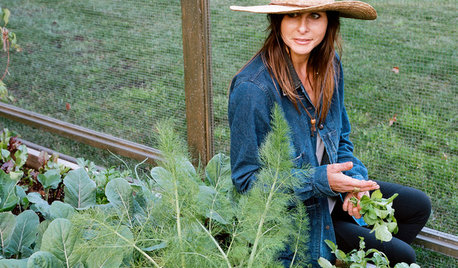
FARM YOUR YARDAdvice on Canyon Farming From L.A.'s Vegetable Whisperer
See how a screened garden house and raised beds help an edible garden in a Los Angeles canyon thrive
Full Story




nc_crn
wayne_5 zone 6a Central Indiana
Related Discussions
climate change and crops
Q
Climate change, Water crisis, food shortage??
Q
gardening-in-a-changing-world/climate-change
Q
Is climate change changing nurtient levels?
Q
TXEB
pnbrown
TXEB
pnbrown
gardenlen
TXEB
pnbrown
pnbrown
david52 Zone 6Original Author
gardenlen
nc_crn
pnbrown
wayne_5 zone 6a Central Indiana
TXEB
gardenlen
pnbrown
TXEB
Lloyd
TXEB
nc_crn
TXEB
pnbrown
pnbrown
TXEB
david52 Zone 6Original Author
wayne_5 zone 6a Central Indiana
gardenlen
wayne_5 zone 6a Central Indiana
gardenlen
nc_crn
nc_crn
pnbrown
nc_crn
pnbrown
gardenlen
wayne_5 zone 6a Central Indiana
pnbrown
gardenlen
pnbrown
nc_crn
david52 Zone 6Original Author
nc_crn
pnbrown
david52 Zone 6Original Author
TXEB
gardenlen
pnbrown
toxcrusadr